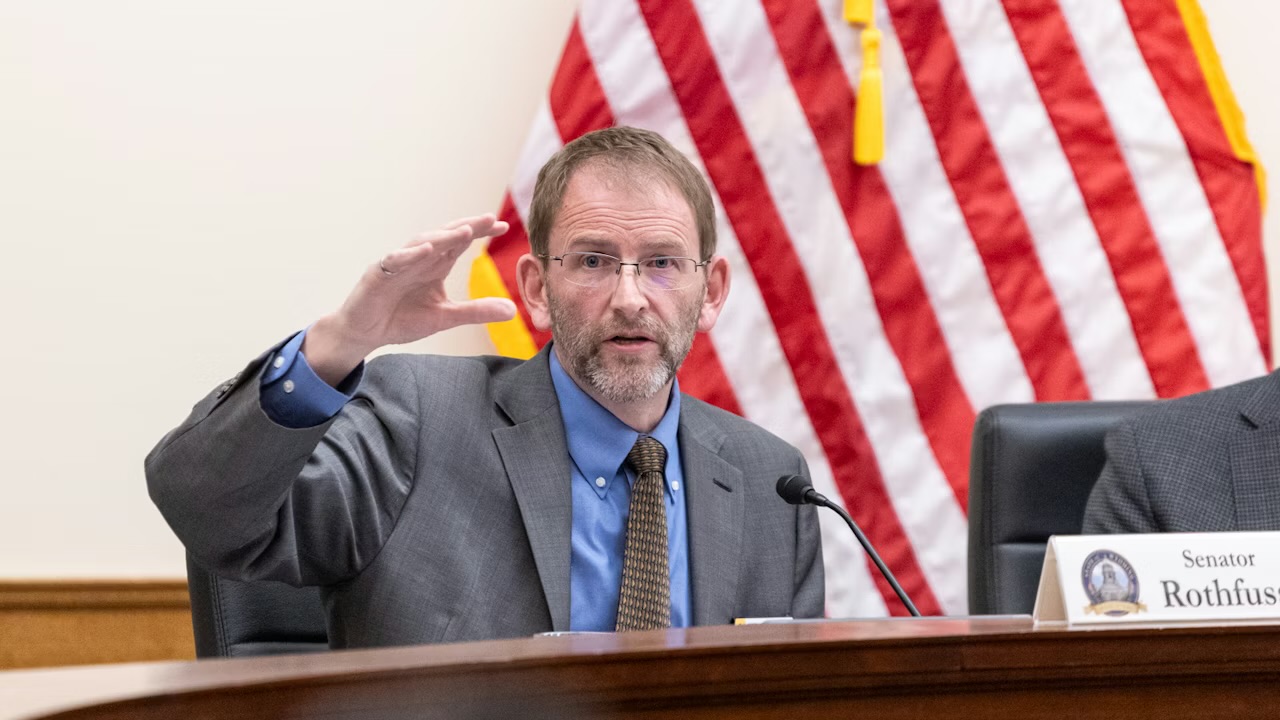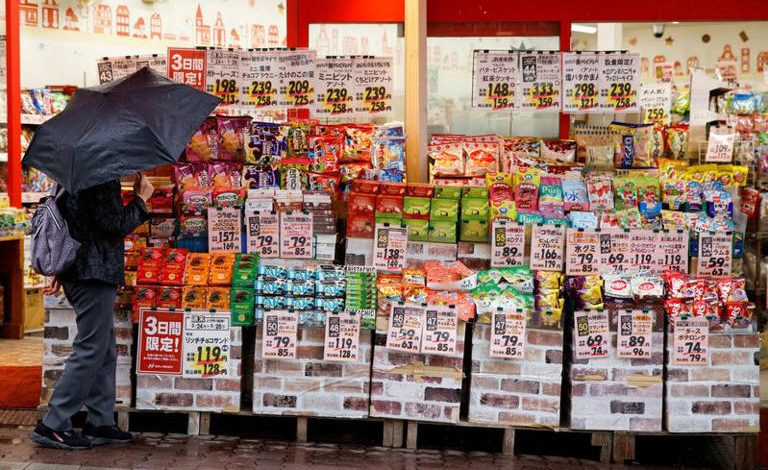Japan’s core inflation rose to its highest level in over two years in May, reinforcing expectations that the Bank of Japan (BOJ) may continue raising interest rates despite mounting global economic pressures, including the impact of US tariffs, Reuters reports.
Data released Friday showed that the core Consumer Price Index (CPI), which excludes volatile fresh food prices, rose 3.7% year-on-year—slightly above the market forecast of 3.6% and up from April’s 3.5% increase. It marked the fastest pace of inflation since January 2023.
A narrower measure of inflation, which also excludes fuel costs and is closely monitored by the BOJ as an indicator of domestic demand, rose 3.3% in May, accelerating from 3.0% in April. This was the highest annual increase since January.
Rising food costs, particularly for staple items like rice, were the primary contributors to inflation. Prices for food items excluding fresh produce jumped 7.7% from a year earlier—an increase from April’s 7.0%. The price of rice doubled year-on-year, highlighting the pressure on household budgets.
Inflation in the services sector remained more subdued, climbing 1.4% in May compared to 1.3% the previous month. In contrast, goods prices surged 5.3%, continuing to drive overall inflation upward.
The inflation figures have reignited discussions within the BOJ, where policymakers are divided on the path forward. Some warn of a potential inflation overshoot, while others remain cautious given Japan’s fragile economic recovery. A recent BOJ report also flagged concerns that a slow approach to tightening could contribute to a wage-price spiral.
BOJ Governor Kazuo Ueda reaffirmed the central bank’s commitment to gradually raising rates, after it ended its long-standing ultra-loose monetary policy last year. In January, the BOJ raised short-term interest rates to 0.5%, believing the country was approaching a sustainable inflation environment above its 2% target.
However, external challenges—particularly from US trade policy—have complicated the timing of future hikes. In response to these uncertainties, the BOJ recently downgraded its economic growth forecasts.
According to a recent Reuters poll, a slight majority of economists expect the BOJ’s next 25-basis-point rate hike to occur in early 2026.










The latest news in your social feeds
Subscribe to our social media platforms to stay tuned